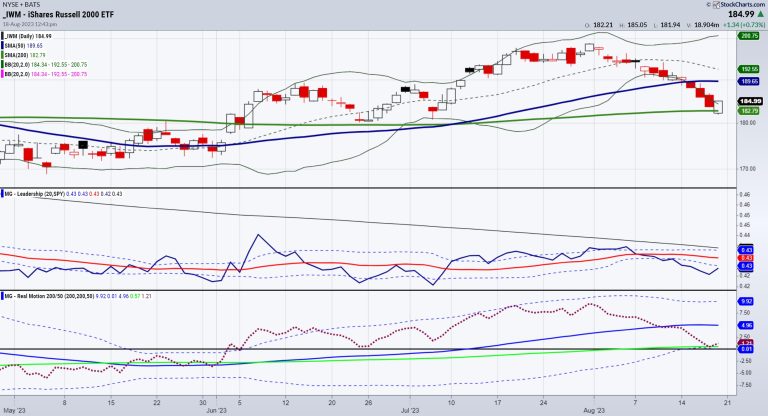Congressional Democrats are pushing the federal government to make it easier for LGBTQ federal workers to access fertility treatments.
More than 30 House Democrats, plus Sen. Tammy Duckworth, D-Ill., wrote a letter to the Office of Personnel Management claiming the definition of ‘infertility’ in existing government employee health plans was ‘outdated and lacks inclusivity.’
‘By adopting an inclusive definition that recognizes the full spectrum of reproductive needs and removing unnecessary barriers to coverage, we can ensure that all federal employees, regardless of their sexual orientation, gender identity, or marital status, have access to the comprehensive reproductive health care they deserve,’ the lawmakers said.
HOSPITAL INSIDER WARNS TRANS KIDS ON HORMONES FREQUENTING ER FOR HARMING THEMSELVES IN CRY FOR HELP
The letter is also led by Rep. Gerry Connolly, D-Va., and Congressional Progressive Caucus Chair Pramila Jayapal, D-Wash., among others.
Meanwhile, Democrats have been attacking their GOP counterparts in Congress for passing bills they claim infringe on the LGBTQ community’s rights.
Just last month, House Republicans added amendments to the annual National Defense Authorization Act that would stop military health care from covering surgeries and hormone treatments for transgender troops. Both sides of the aisle have also butted heads over taxpayer dollars being given to LGBTQ organizations.
‘We would like to highlight two specific concerns with the current definition of infertility used by OPM,’ the letter states. ‘First, the requirement of six cycles of Artificial Insemination or Intrauterine Insemination performed by a qualified specialist using normal quality donor sperm, while excluding other assisted reproductive technologies, is both arbitrary and unnecessarily restrictive.
‘The number of cycles required in the definition does not take into account an infertility diagnosis that may occur when a patient is evaluated, leading to inconsistent and unequal coverage for individuals seeking alternative methods of conception. Furthermore, this policy creates unnecessary barriers and costs for LGBTQ people by excluding consideration of at-home inseminations.’
The second concern, they said, was that ‘the definition fails to account for same-sex couples and single individuals.’
‘By limiting coverage to these individuals only after six cycles of insemination with donor sperm, we are effectively denying them access to necessary fertility treatments, placing an undue burden on their path to parenthood,’ the letter said.
Fertility treatments like intrauterine insemination and in vitro fertilization typically cost thousands of dollars out of pocket and are not always covered by health insurance policies.
As of June 2023, just 21 states have laws requiring insurance companies to provide some kind of fertility treatment, according to RESOLVE: The National Infertility Association.









